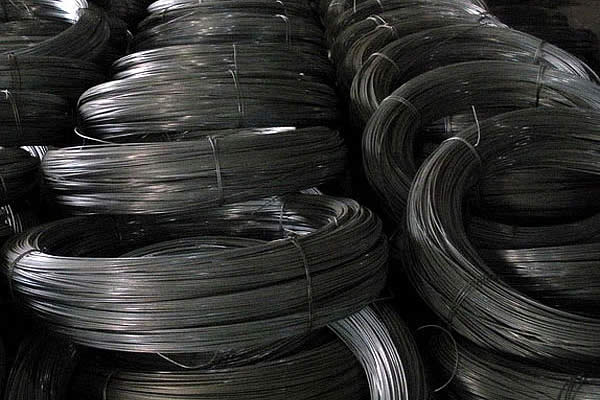 TEL:
+86-13102802206
TEL:
+86-13102802206
 Email:
fencenetting@china.com
Email:
fencenetting@china.com
 Language
Language
 TEL:
+86-13102802206
TEL:
+86-13102802206
 Email:
fencenetting@china.com
Email:
fencenetting@china.com
 Language
Language


Understanding Chain Mesh Fencing Costs Per Metre
Chain mesh fencing, often referred to as chain link fencing, is a popular choice for both residential and commercial properties. Known for its durability, affordability, and low maintenance needs, this type of fencing is commonly used for security, boundary demarcation, and confinement of pets. When considering the installation of chain mesh fencing, one of the primary factors to evaluate is the cost per meter. This article will delve into the various elements influencing the cost of chain mesh fencing, provide a breakdown of expenses, and offer insight into making an informed decision.
Factors Affecting Cost
1. Material Quality Chain mesh fencing is predominantly made from galvanized steel, which offers resistance to rust and corrosion. The thickness of the wire and the gauge used in manufacturing can significantly impact the overall cost. Higher quality materials usually command a higher price but offer enhanced durability and longevity. This investment can save you money in the long run by reducing the frequency of repairs or replacement.
2. Height of the Fence Chain mesh fencing is available in various heights, typically ranging from 1 meter to over 3 meters. The height of the fence directly influences the cost per meter, with taller fences requiring more material and consequently increasing the overall expenditure. It's crucial to assess your specific needs, as a higher fence may be needed for added security or privacy.
3. Installation Costs Hiring a professional for installation can add significantly to the cost. While it may be tempting to undertake a DIY project to save money, improper installation can lead to issues down the line, such as sagging or instability. Professional installers not only ensure that the fence is securely erected but may also provide warranties for their work, offering peace of mind.
4. Location and Terrain The location where the fencing is to be installed can also influence costs. Uneven terrain, rocky ground, or access challenges can increase labor costs. Additionally, if special equipment is required for installation, such as post hole diggers or concrete mixers, those expenses will ultimately be factored into your final cost.
5. Gates and Accessories If you plan to include gates or additional features such as barbed wire, the cost per meter will increase. Gates are usually priced separately and can vary in complexity and security level. Consider future access requirements to determine if adding gates or accessories is necessary.

6. Regional Pricing Differences Costs can vary significantly depending on geographic location. Urban areas with higher labor and material costs will generally yield higher prices for chain mesh fencing compared to rural settings. It’s essential to obtain quotes from multiple suppliers and contractors to find the most favorable pricing.
Cost Breakdown
A rough estimate of chain mesh fencing costs can range anywhere from $10 to $30 per meter, depending on the factors outlined above. This range typically includes materials and basic installation fees. Here’s a general breakdown
- Materials $5 to $15 per meter for the chain link fabric, posts, and fittings. - Installation $5 to $15 per meter, depending on complexity and location. - Gates $100 to $500 per gate, depending on size and material.
Making an Informed Decision
When planning to install chain mesh fencing, it’s essential to take a comprehensive approach to budgeting. Start by defining your specific requirements—consider the purpose of the fence, the necessary height, and any particular features you want. Next, obtain quotes from several contractors and suppliers, ensuring they break down costs clearly. This will not only give you a better understanding of the pricing landscape but also help you make comparisons.
In conclusion, chain mesh fencing can be a cost-effective solution for various applications. By considering the factors that influence cost per meter and doing thorough research, you can make a well-informed decision that meets both your needs and budgetary constraints. Investing in quality materials and professional installation can lead to long-term benefits, offering security and peace of mind for years to come.